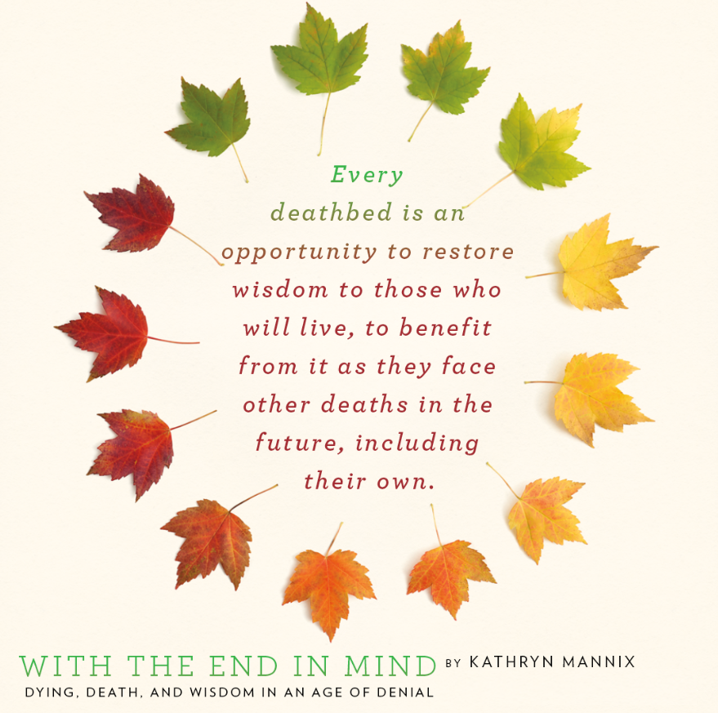2/
Some experienced workers aren't aware that there are similarities between most deaths.
3/
We need to know this.
4/
5/
I discovered this by being there myself.
6/
They are inevitable. The day will come for all of us. For a few it won't be a bed, but perhaps a car or a park bench. But for most of us, death will approach gradually, & we will have a chance to recognise & reflect on the situation.
7/
They have things to say. And we can help by listening.
8/
9/
Let them feel heard.
10/
Accepting their forgiveness is a gift you can bestow.
11/
12/
13/
Funny how hard it seems to say so. Until death comes along. Or even then.
14/
I have more to say about both...
15/
At a deathbed, symptom control should be impeccable.
16/
#OneChanceToGetItRight
Demand excellence.
17/
18/
My pinned post describes this in more detail in a 4 minute video.
19/
So please prepare.
20/
21/
Each one is a chance to get better acquainted with dying; to witness the gradual change from alive to no-longer-alive; to learn how to have those precious conversations.
To be companions as, in our own turn, we will be accompanied.
22/
23/
It's an act of love.
24/24
#MedEd #PallMedEd #endoflife #EOLC #HaveTheConversation #WithTheEndInMind
25/24 📃
(Is it me or does that piece of paper emoji look like a grave?)




